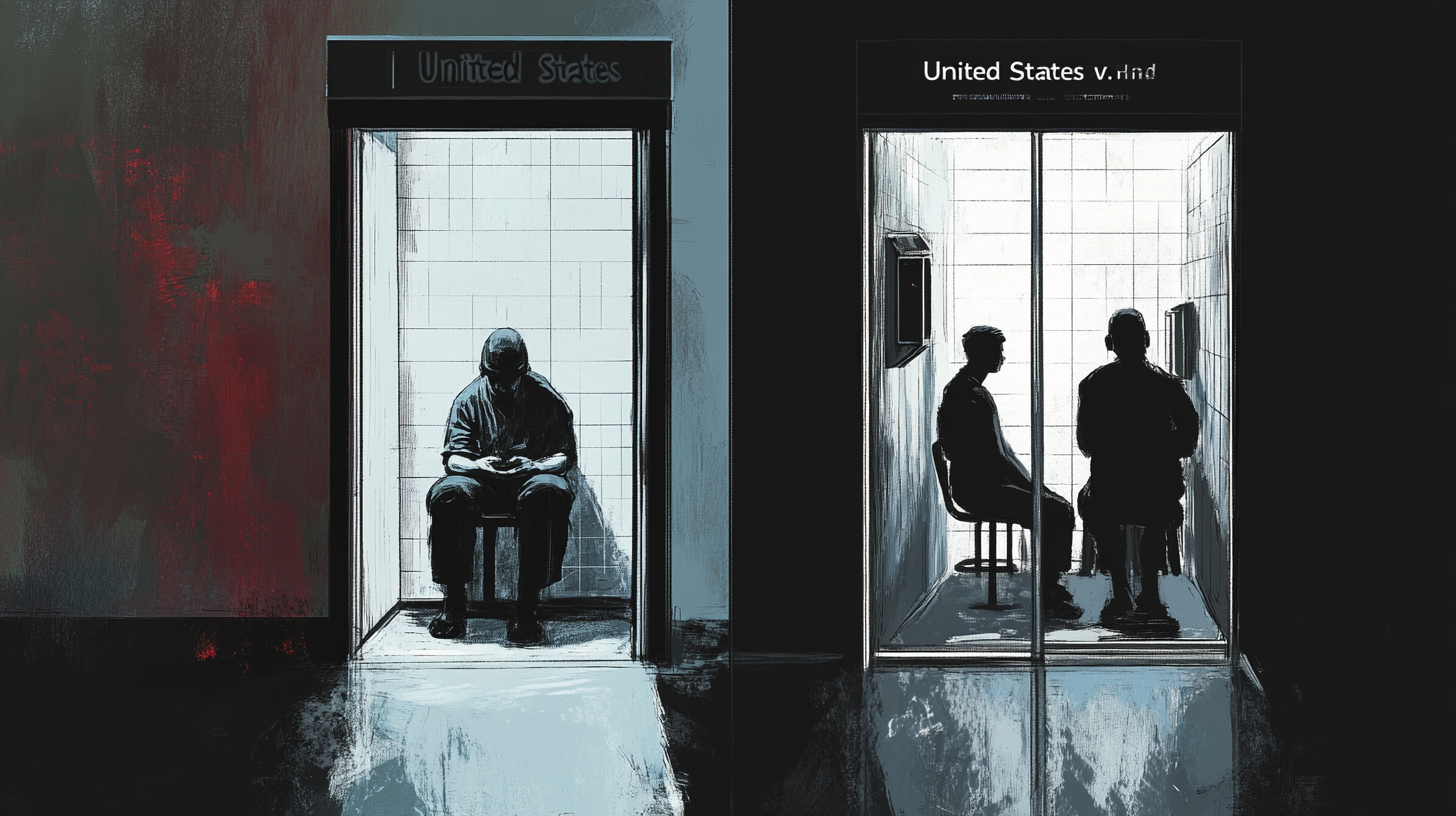The legal precedent brought into focus, in this case, is Schillinger versus Haworth, wherein it was decided that a breach of attorney-client privilege due to deliberate eavesdropping by the government leads to an automatic presumption of prejudice toward the defendant. This ruling was largely due to the structural error doctrine that presumes prejudice resulting from intentional intrusion into the attorney-client relationship.
Hohn’s defense team leveraged the Schillinger’s precedent, contending the breach of confidentiality caused prejudice. However, despite this plea for fundamental fairness, the court contended that Hohn couldn’t prove a realistic probability that the prosecution benefited from hearing his attorney strategize.
The Implications of the New Rule
The new rule set forth by the court, thus, drastically shifts the burden of proof. Going forward, defendants must not just claim a Sixth Amendment violation but must also demonstrate how this violation tangibly prejudiced their case. This aligns with Supreme Court precedents requiring demonstrable, actual prejudice. While this new rule might appear more justifiable, it poses a fierce challenge to defendants unable to afford high-powered legal counsel.
The Need for Legal Safeguards
This case highlights systemic flaws in secure legal communication, particularly within private detention facilities. With the rise of technology, there are concerns that these instances of breach of attorney-client confidentiality will escalate. It’s thus imperative to ensure that attorneys and clients can communicate securely and honestly, fostering a sense of trust crucial to any defense strategy. Strong safeguards must be in place to prevent further gratuitous breaches.
The Way Forward
On a concluding note, this case is an urgent call for a critical review of the attorney-client confidentiality parameters and for transparency, particularly within privatized prison facilities. Stronger safeguards need to be implemented, and the burden should not fall solely on detainees to navigate these complexities. As we move toward an increasingly digital era, the legal system needs to adapt and protect fundamental constitutional rights from being undermined by technology. The delicate balance between guaranteeing surveillance for security and preserving the privacy of attorney-client communication must be struck. This is an issue that deserves further scrutiny and discussion among legal professionals, policy-makers, and society at large.






Leave a Comment